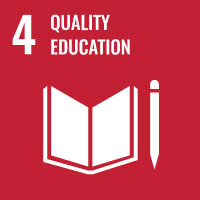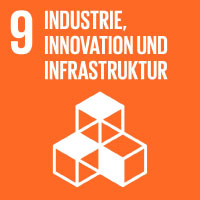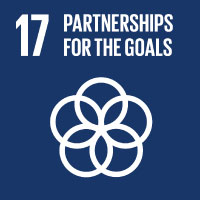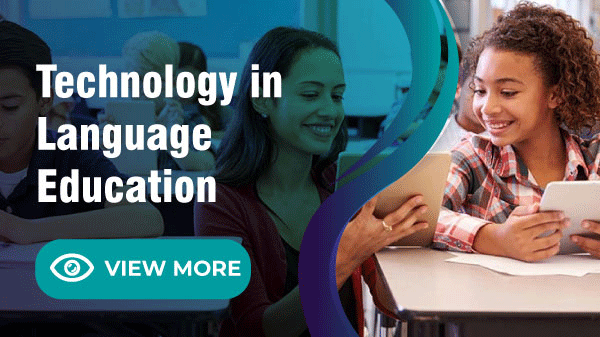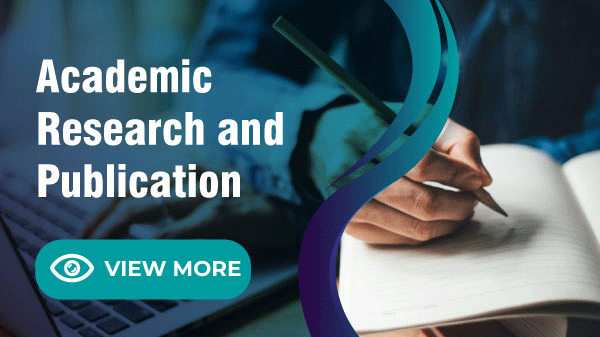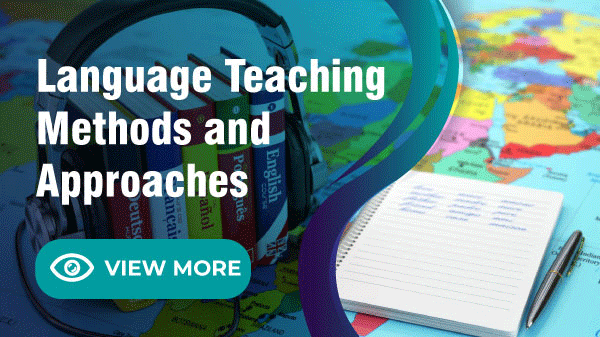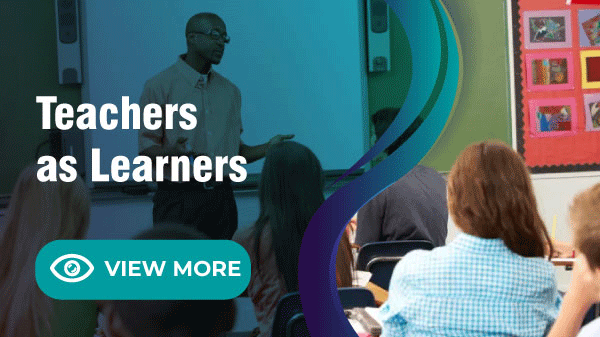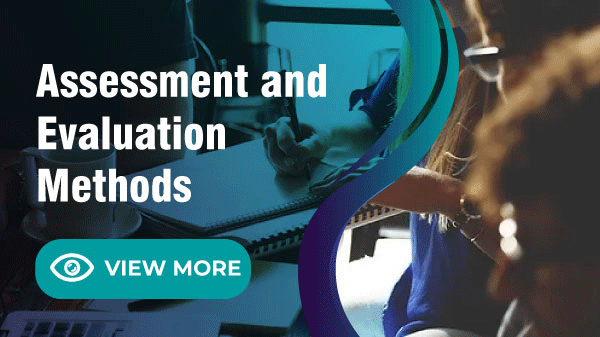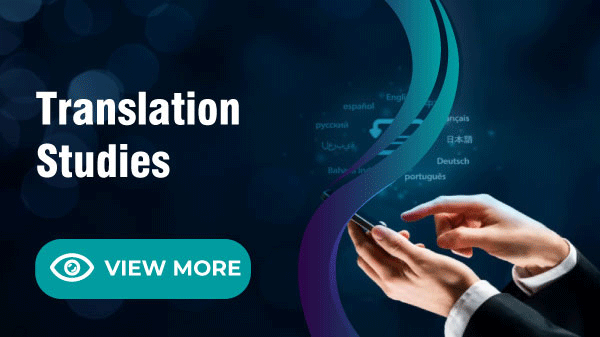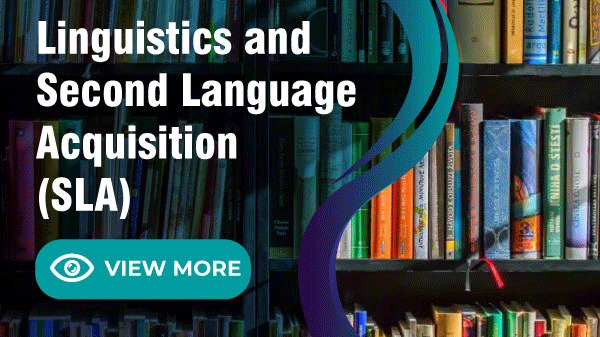Linguistics and Second Language Acquisition (SLA)
Session Overview
In this session, attendees will explore linguistic theory and SLA research to better understand language structures and acquisition patterns. Topics include phonetics, syntax, language transfer, and bilingualism. This session supports SDG 4 by providing insights into the cognitive and social aspects of language learning, contributing to informed, inclusive educational practices.
Assessment and Evaluation Methods
The
Sustainable
Development Goals:
Goal 4: Quality Education
Goal 8: Decent Work and Economic Growth
Goal 9: Industry, Innovation, and Infrastructure
Goal 17: Partnerships for the Goals
Who Can Join
Tracks
Topics of Interest for Submission include, but are not limited to:
1 Phonetics and Phonology in SLA
2 Syntax and Sentence Structure in Language Learning
3 Language Acquisition Theories
4 Sociolinguistics in SLA
5 Pragmatics and Language Use
6 Cognitive Processes in Language Learning
7 Language Transfer and Interference
8 Bilingualism and Multilingualism Studies
9 Error Analysis in Language Learning
10 SLA in Children vs. Adults
11 Psycholinguistics and Language Processing
12 Interlanguage Development
13 Language Testing and Proficiency Levels
14 Applied Linguistics in SLA
15 Corpus Linguistics in SLA Research
Key Themes ICLTL -2024
- Understanding the science behind language acquisition is crucial for effective language education. This session explores key theories in linguistics and SLA, including cognitive and sociocultural approaches, that provide insights into how language is learned. By examining factors such as age, exposure, and motivation, educators gain a better understanding of the variables that influence language proficiency. This knowledge allows for the development of teaching methods that cater to individual learner differences.
- In alignment with SDG 4, the session emphasizes inclusive practices that support multilingualism and respect for linguistic diversity. It covers practical strategies for language instruction that draw from linguistic theory, promoting greater empathy for the language learning journey. Participants will leave with a deeper appreciation for the complexities of language acquisition, equipped with strategies to create supportive and effective learning environments. Through an informed approach, educators can inspire students to embrace language learning as a lifelong endeavor.
Theme: Driving impactful language research and scholarly publication for knowledge advancement.
Scope & Benefits of Attending ICLTL-2024 conference

Benefits of Attending ICLTL
2024
- Attending these sessions provides invaluable scope and benefits aligned with SDG goals, Scopus publication opportunities, certifications, awards, and IFERP scholarships:
- SDG Contributions: By enhancing skills and knowledge in modern language teaching, research publication, and cross-cultural communication, attendees actively support global SDG objectives, particularly SDG 4 and 17, through impactful educational practices
- Scopus Publication Opportunities: Attendees have the chance to publish their research in recognized Scopus-indexed journals, contributing to global scholarship in language education and enhancing their academic and professional profiles.
- IFERP Awards, Certifications, and Scholarships: Participation in ICLTL-2024 brings certification of participation, eligibility for awards recognizing research excellence, and potential scholarships, which underscore professional growth, acknowledgment, and support for continued academic contribution.
Author Guidelines
Guidelines for Abstract Submission:
- Language: Abstracts must be written in English.
- Length: Limited to one paragraph with 200-250 words.
- Format: Submit in MS Word (.doc or .docx) document format.
- Content: Abstracts should provide an informative summary of the original work. Include a brief biography with your abstract, following the example provided in the template.
- Formatting: Center-align the Title, Author's Names, and Affiliations. Underline the presenting author's name.
- Submission: Please submit your abstract through the designated submission portal.
- Acknowledgment: Upon abstract submission, you will receive an acknowledgment email within three working days.
Evaluation Process
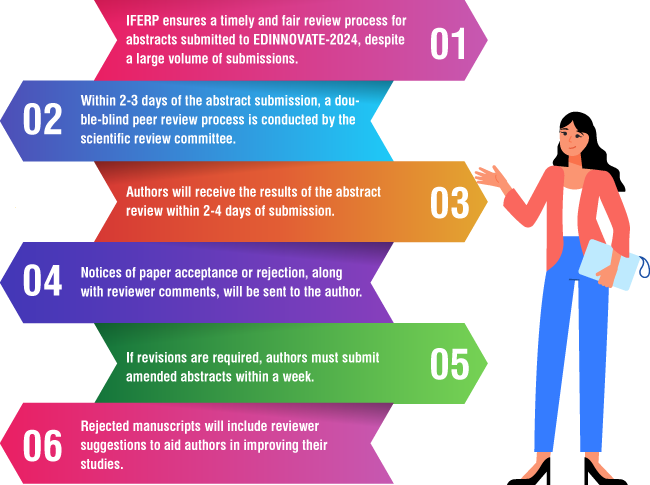
Guidelines for Full Paper Submission
If your abstract has been accepted and the registration fee for ICLTL-2024 has been paid, you are invited to submit the full paper. Please adhere to the following guidelines for the submission:

- Total number of pages: 6-8 in double-column format
- Language: English (checked for grammar and language errors)
- Tables, figures, and images should be properly named and of high quality.
- Keywords should be written in lowercase letters (except for names/scientific names) and separated by commas.
- Affiliation names, including the country, must be provided.
- Each paper should be structured into the following sections:
- Background, Motivation, and Objective
- Statement of Contribution/Methods
- Results, Discussions, and Conclusions
Once your full paper is prepared according to the above instructions, please proceed to submit it through the provided link. Submit your Full paper Here.

